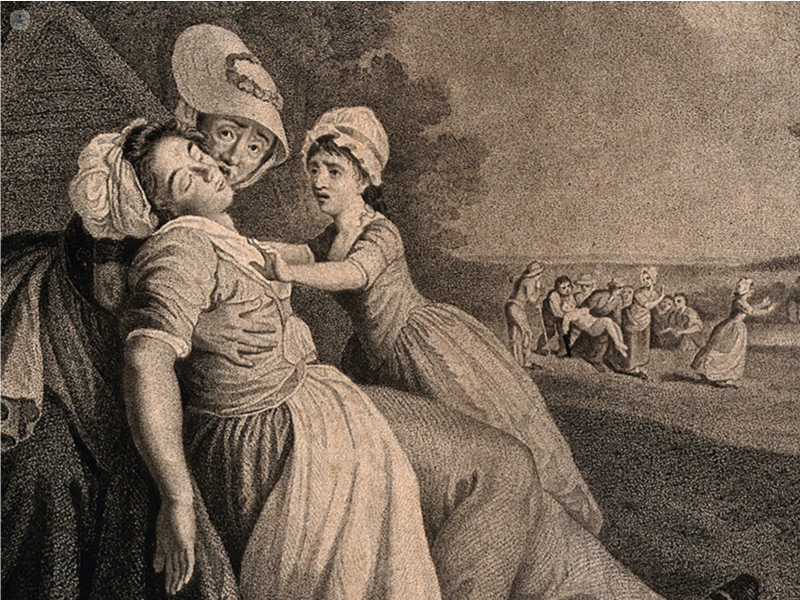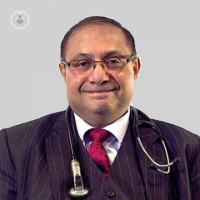Blackouts, fainting and loss of consciousness: what are the differences?
Written by:They’re terms that are often used interchangeably, but what do they actually mean? We asked leading consultant physician, Dr Mashkur Khan, to explain the differences between blackouts, fainting, and loss of consciousness.

What is loss of consciousness?
Loss of consciousness – also known as transient loss of consciousness – involves suddenly becoming unconscious for several seconds or several minutes. Loss of consciousness is your brain shutting down, and this can happen for lots of different reasons:
- Syncope – this is the most common cause and involves the brain shutting down in response to a sudden drop in blood pressure. Low blood pressure means that there is not enough blood supplying the brain, so the brain’s response is to defend itself by shutting down.
- Epilepsy – an epileptic fit can lead to someone becoming unconscious for several minutes or longer.
- Rare forms of migraine – “migraine with brainstem aura” is the term for a rare type of migraine that can cause loss of consciousness.
- Cardiac problems – including serious conditions such as stroke or mini-stroke (transient ischemic attack).
Loss of consciousness doesn’t always require emergency treatment. For example, as long as you know your triggers, syncope can be well-managed.
What are blackouts?
“Blackouts” is another word for loss of consciousness. However, in most cases people who see their doctor about blackouts present with syncope or a neurological condition such as epilepsy. It’s important to understand that with the right treatment, blackouts can be managed very successfully and need not be a serious concern.
In non-medical terms, we also often talk about alcohol-related blackouts. This type of blackout doesn’t necessarily involve loss of consciousness. Instead, we are talking about the memory loss someone experiences after particularly heavy drinking. However, even this is a common misunderstanding – rather than losing your memories, a high level of alcohol in your body can simply cause your body to stop making memories in the first place.
What is fainting?
Fainting is the non-medical term for syncope. There are many causes of fainting, including:
- physical factors such as standing up for too long or being dehydrated
- involuntarily reacting to situations such as seeing blood or a scary movie
- rarer triggers such as coughing, swallowing or urinating
We have plenty of options for managing fainting, from being aware of your triggers to having a “pill in the pocket” to take when you start to feel the warning signs. We can also offer lifestyle advice on how to reduce your risk of feeling faint, which usually simply involves drinking more water! If you find yourself fainting more frequently than most people, it’s worth seeing a cardiologist.
To book an appointment with Dr Mashkur Khan, visit his Top Doctors profile and check his availability.


